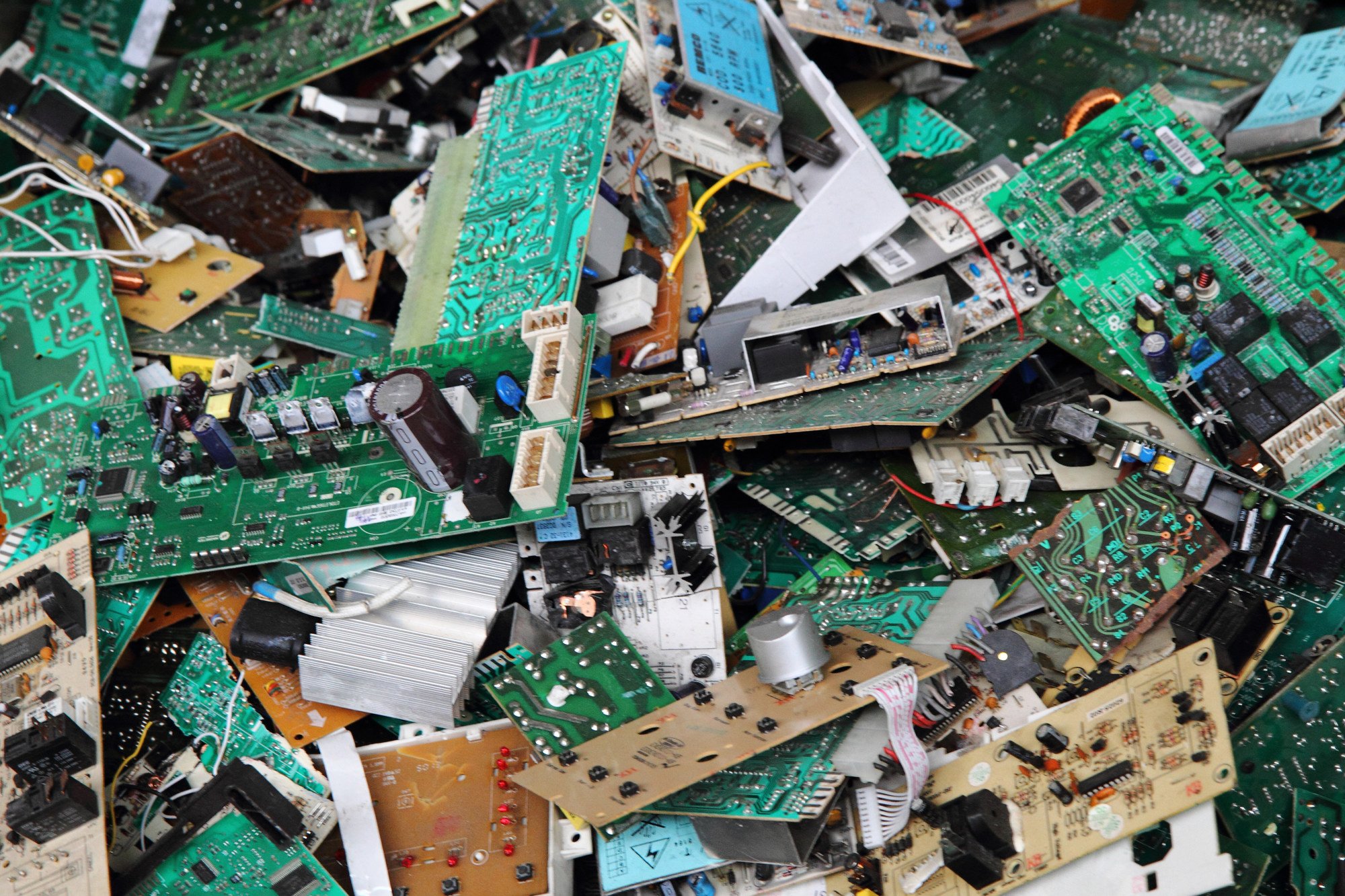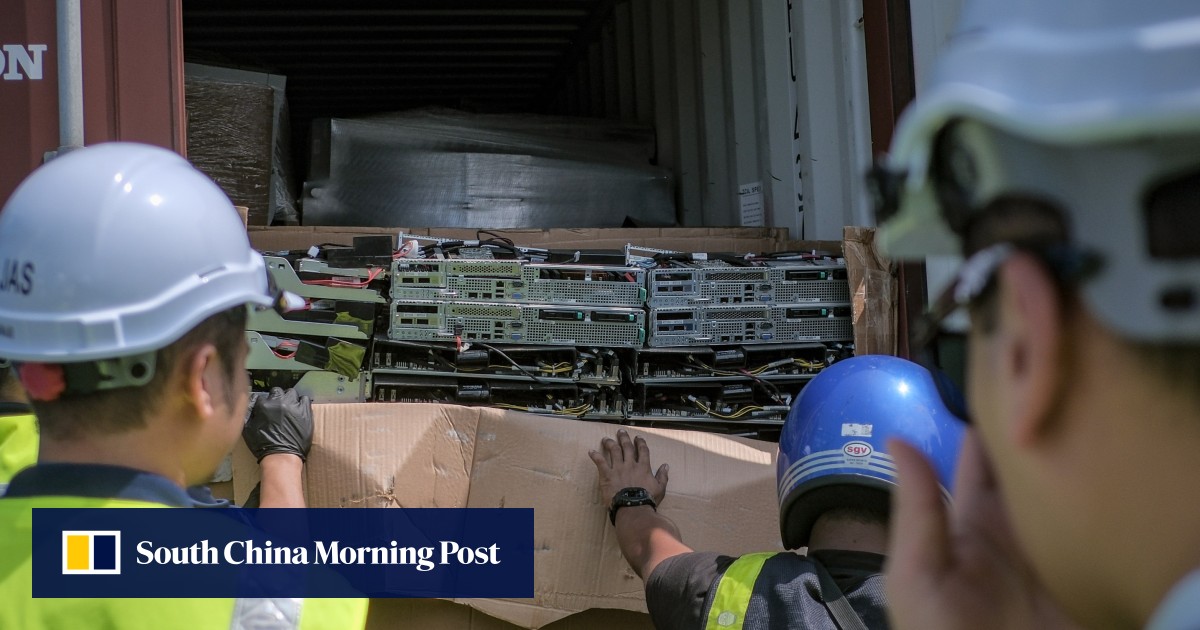The containers, which were tracked by environmental activist groups en route to Malaysia’s Port Klang, signal that the Southeast Asian nation has once more become an end point in the multibillion-dollar illicit global supply chain for unprocessed e-waste and plastic waste.
“We do not want Malaysia to be the world’s rubbish bin,” environment minister Nik Nazmi told reporters, adding the illicit haul was worth around US $1.7 million to the criminals who were meant to receive it.
Aside from electronic waste, 195 other seized containers were found filled with scrap metal from the same port of origin.
The haul signifies a sharp increase from the 47 containers containing banned materials, including plastic waste and e-waste, seized in 2023.

“I would like to emphasise that it is national policy not to allow the importation of e-waste and action will be taken,” he said, adding the regulation also requires such shipments to be returned to their place of origin.
The government believes the imports are the work of a syndicate which import illegal waste into Malaysia using forged documents. The matter is being investigated under the Environmental Quality Act. If found guilty, the perpetrators would face up to 5 years jail and up to 500,000 ringgit (US $106,000) in fines.
E-waste consists of discarded electronic devices and components, which often contains toxic substances like lead and mercury that pose serious health and environmental risks. E-waste can also contain valuable metals like gold, silver, and copper, which criminals can profitably extract by avoiding the costs and regulations associated with its safe disposal.
Nik Nazmi’s comments echo those of his predecessor Yeo Bee Yin in 2019, when Malaysia was inundated with plastic waste from the West as a result of China’s clampdown on the import of such waste products.
“Maybe we need to look at how China is doing it,” Nik Nazmi said.
In 2018, China launched Operation National Sword, which banned the import of 24 categories of solid waste and plastic waste that contribute to environmental pollution.
As a result, Western exporters diverted their waste shipments to Malaysia, as well as the Philippines, Thailand, Cambodia and India.
Based on initial investigations, the e-waste is being smelted for its components at illegal processing plants around the country operated by Chinese nationals, the minister added.
The seizures were based on tip-offs from environmental campaign groups focused on combating the export of toxic e-waste including Malaysia Stop Waste Trade Coalition and Basel Action Network.
The Malaysia Stop Waste Trade Coalition said in a statement, “This is what is called ‘waste colonisation’, where our clean air, water, and land are pawned off for the profit of some. While the people of developed countries can enjoy a high standard of living, we are the ones who have to bear the consequences of pollution from the remnants of their excessive consumerism.”


